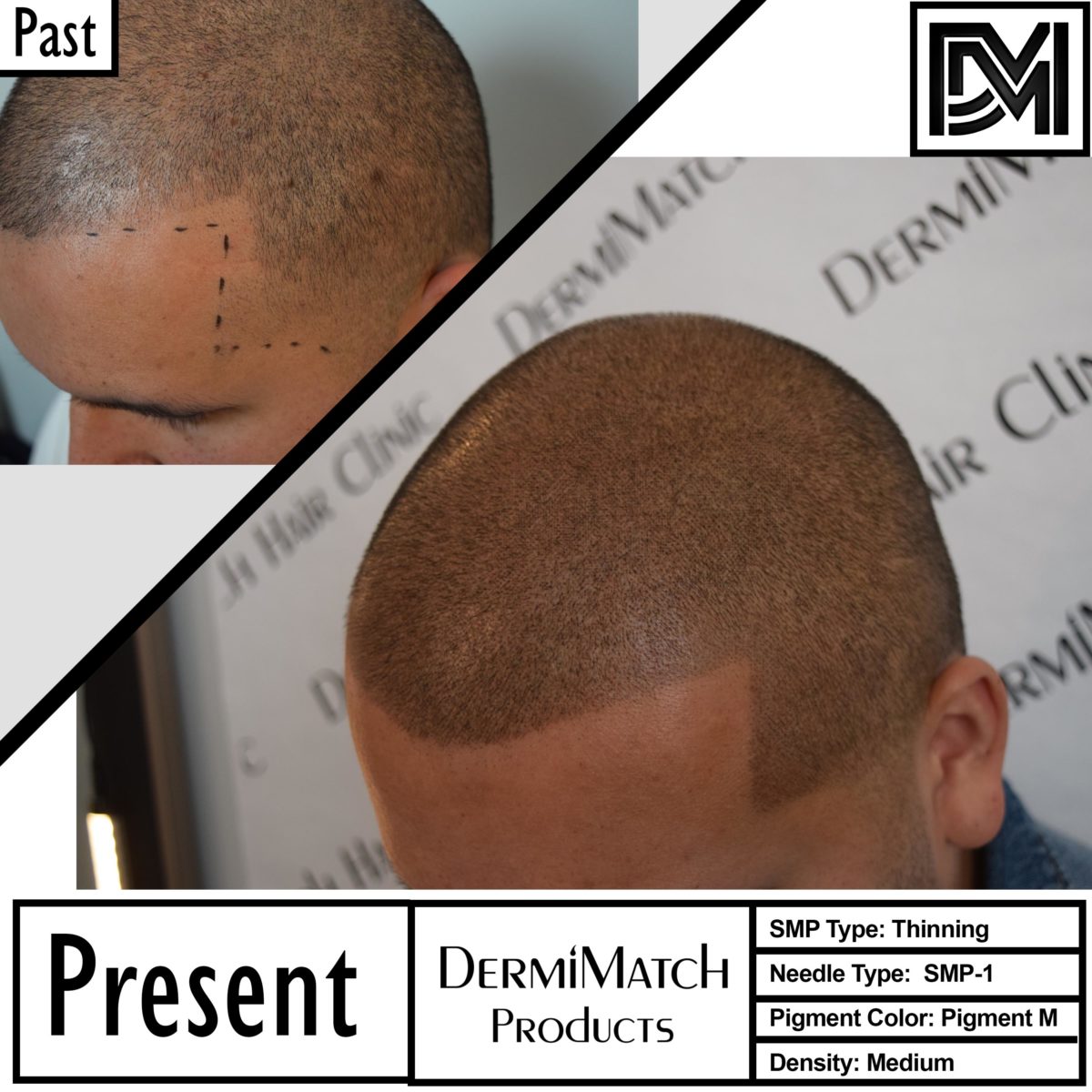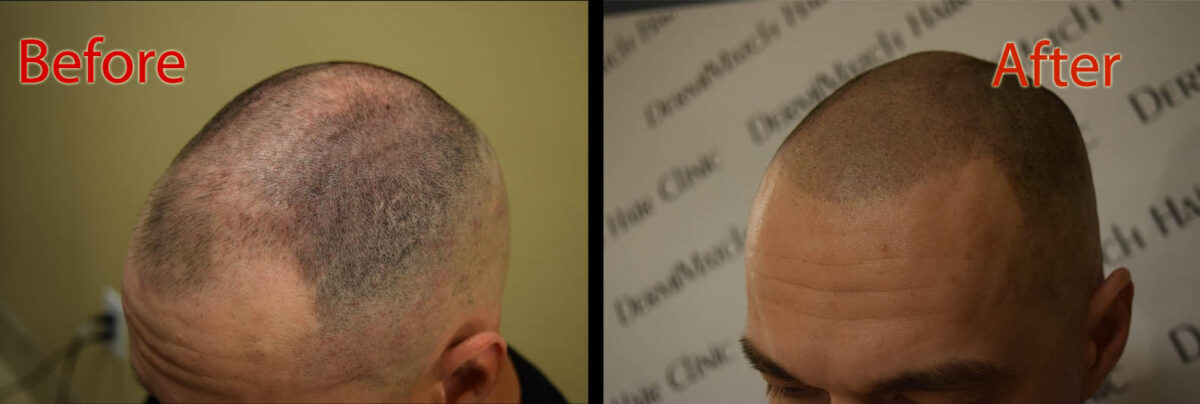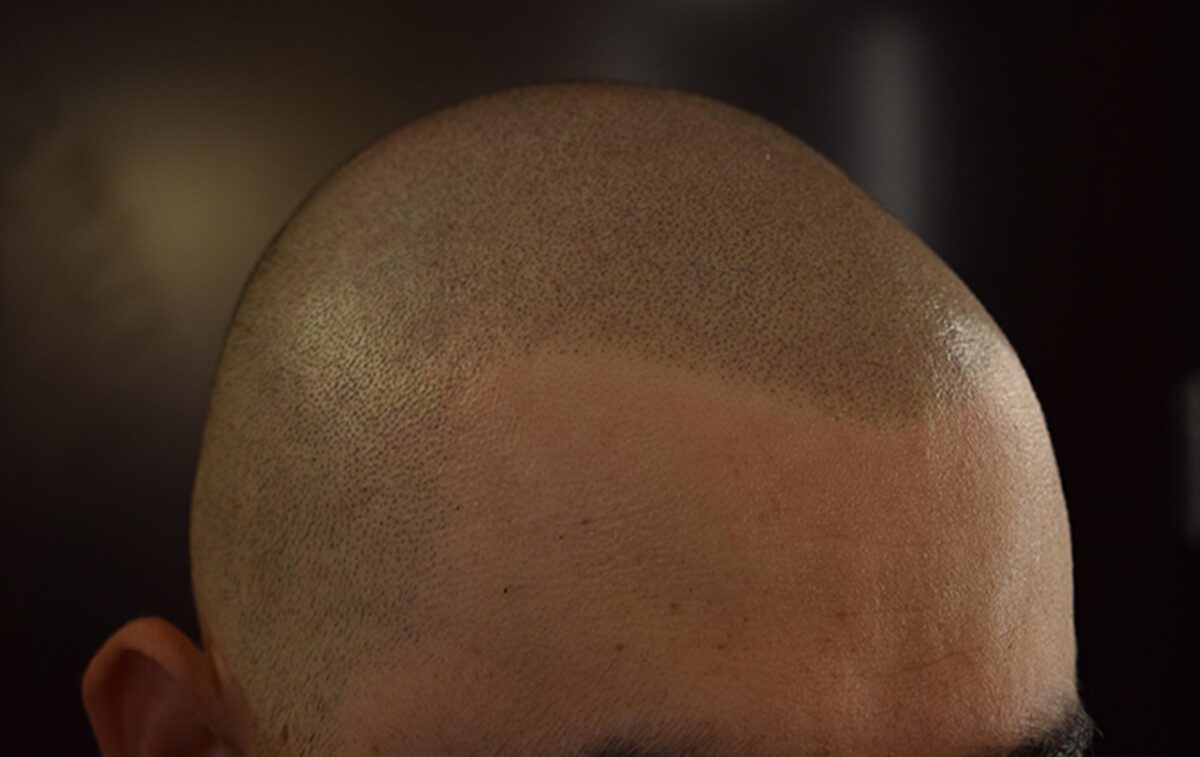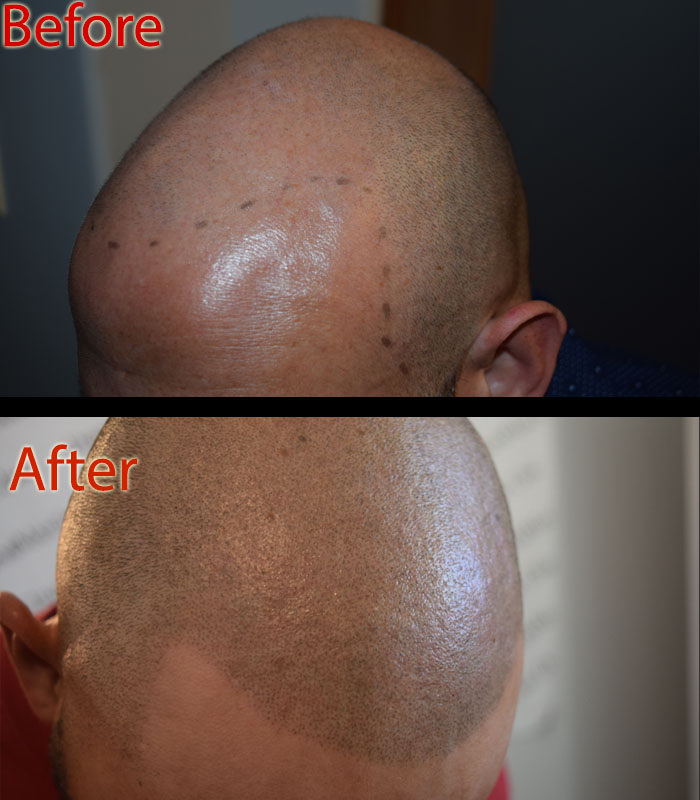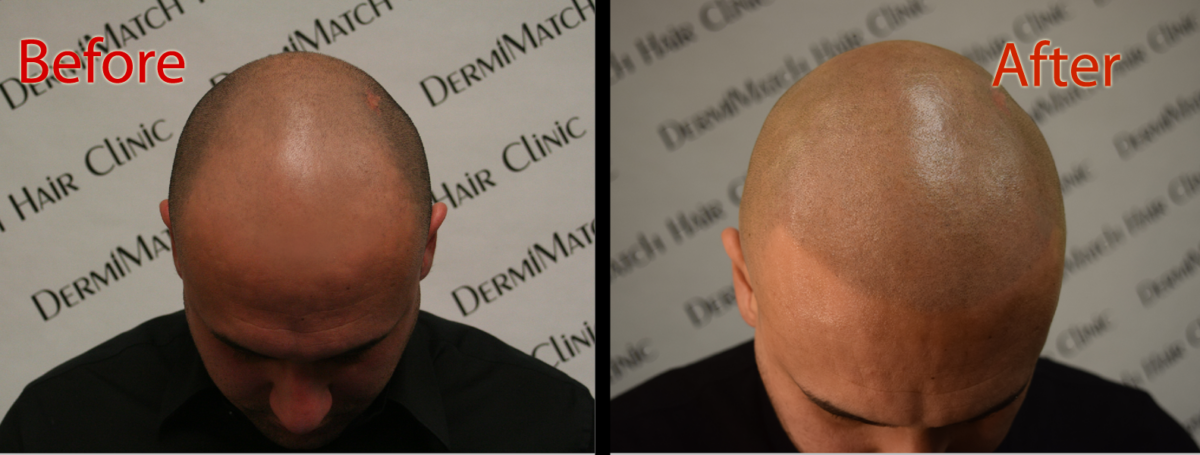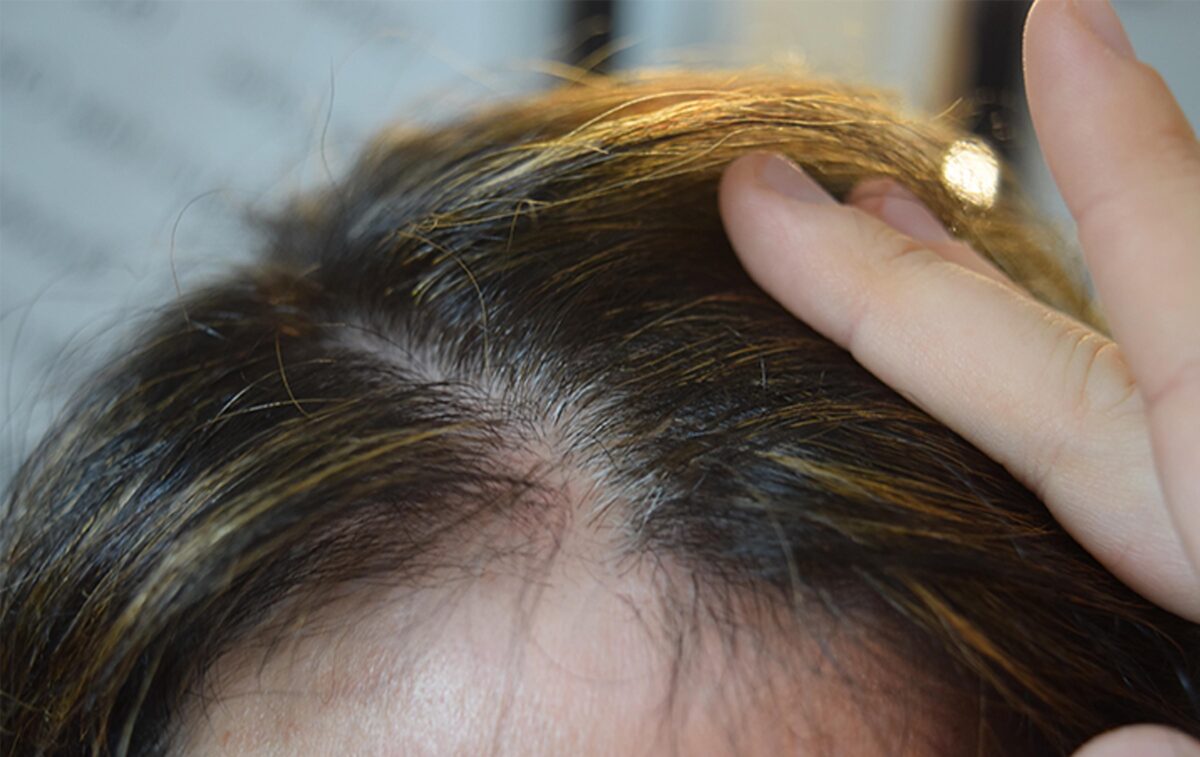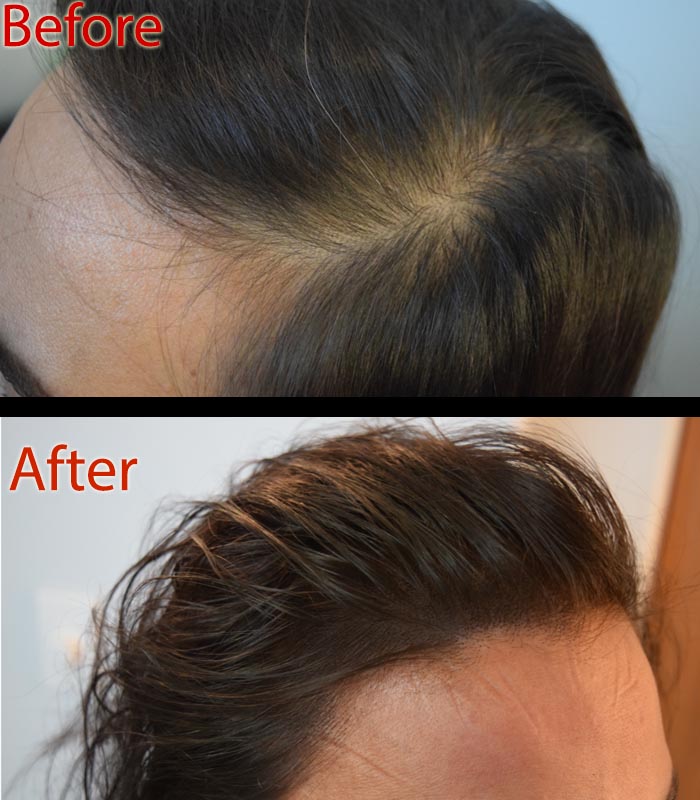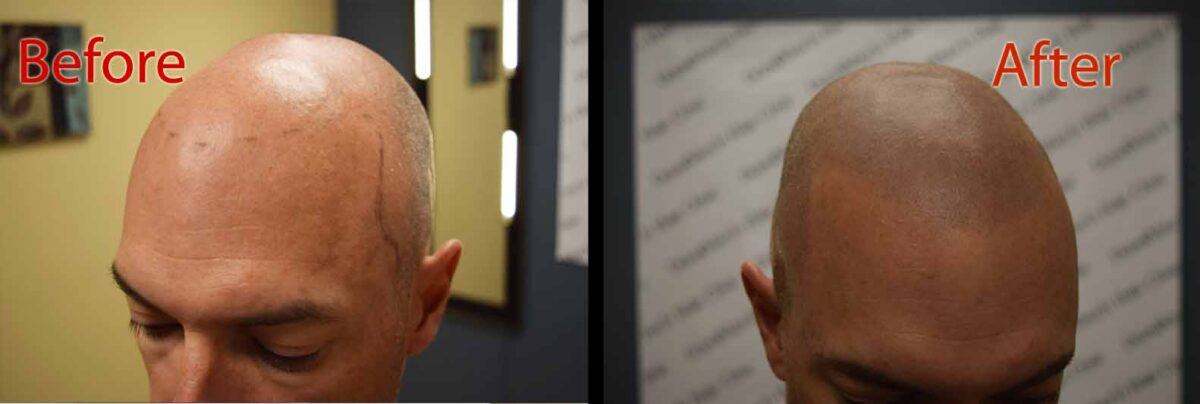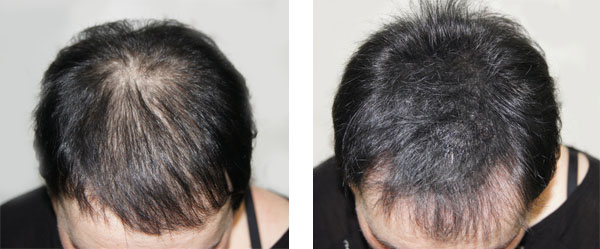Olive oil, a staple in Mediterranean diets, has long been touted as a miracle worker for hair health. Rich in antioxidants, vitamins, and fatty acids, it’s no wonder people swear by olive oil for hair growth. But does science back up these claims?
The Science Behind Olive Oil for Hair Growth Theory
While no concrete scientific evidence directly links olive oil to accelerated hair growth, its properties suggest potential benefits for hair health.
Moisturization
Are you aware of the fact that olive oil is an excellent emollient? It helps to retain moisture in the hair shaft. Dry, brittle hair is more prone to breakage, so keeping hair hydrated can indirectly help hair growth.
Antioxidant
Extra virgin olive oil is loaded with vitamin E, which can help protect hair from the damaging effects of free radicals, which are responsible for damaging healthy cells. These harmful molecules can contribute to hair thinning and breakage.
Potential Scalp Health Benefits
Some studies suggest that olive oil might have antimicrobial properties, which could help soothe an irritated scalp. A healthy scalp is essential for optimal hair growth.
However, it’s important to note that these benefits primarily relate to hair health rather than direct growth stimulation. Olive oil might help create an environment conducive to hair growth by preventing damage and maintaining scalp health. But it’s unlikely to dramatically increase hair growth rate on its own.
The Role of Other Factors in Hair Growth
Hair growth is a complex process influenced by various factors. This includes genetics, hormones, nutrition, and overall health. While olive oil for hair growth might help, it may not work for all types of hair loss. It’s essential to consider other aspects:
- Genetics: Hair loss can be hereditary, thus making it difficult to overcome with topical treatments like olive oil.
- Hormonal Imbalance: Hormonal factors are responsible for certain conditions, such as androgenic alopecia (male or female pattern baldness). Such conditions may not respond well to olive oil treatment.
- Nutrition: A balanced diet rich in vitamins, minerals, and protein is crucial for healthy hair growth. If your hair loss is due to nutritional deficiencies, olive oil might not work unless you replenish your body with nutrients.
- Stress: Chronic stress can contribute to hair loss. Managing stress levels is essential for maintaining hair health.
- Underlying Conditions: Certain medical conditions can cause hair loss. Addressing these underlying issues is often necessary for hair regrowth.
Should I Not Use Olive Oil for Hair Growth?
While olive oil can undoubtedly improve hair health and appearance, its impact on hair growth is limited. While it can help moisturize, protect, and soothe the scalp, it’s not a miracle cure for hair loss. Addressing the underlying cause can help. Besides, you may want to explore alternate treatment options.
Scalp Micropigmentation: A Modern Solution
For individuals dealing with hair loss, scalp micropigmentation offers a viable and effective solution. This non-surgical hair restoration procedure is all about depositing specialized pigment into the scalp to create tiny dots that mimic hair follicles.
SMP can create a natural-looking hairline or fill in thinning areas, providing a boost in confidence for those affected by hair loss. Unlike olive oil, which addresses hair health indirectly, SMP provides immediate aesthetic improvement.
While olive oil can be a beneficial addition to a hair care routine, it’s essential to have realistic expectations about its hair growth potential. For those seeking a more permanent and visually impactful solution to hair loss, scalp micropigmentation may be worth considering.
Get help from Arizona professional SMP practitioners. DermiMatch Clinic scalp artists have years of experience in scalp micropigmentation and can help you find a solution to your hair loss problem.

